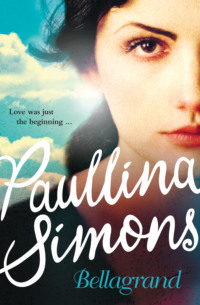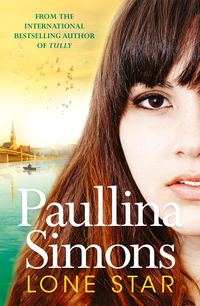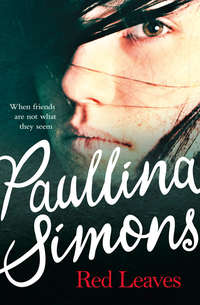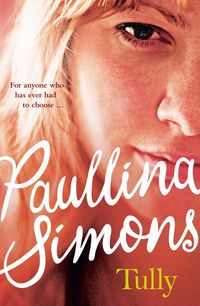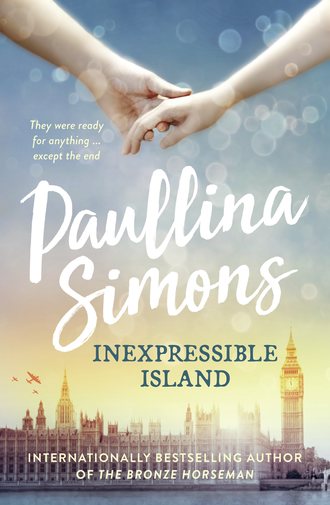
Полная версия
Inexpressible Island
Winter. Snow, then rain. The city is a muddy wreck.
Cold nights in heavy fog, visibility three feet. Mia, Mia!
In Battersea, no ceilings, no glass, no light.
Doors are torn off, doors they bring underground and fashion into stages.
The destruction of the doors above them means that in the caves below, they can put on a skit and dance, and maybe even laugh.
Mia, Mia.
It doesn’t seem right for people to stay in a city where bombs fall daily.
And yet they stay.
It doesn’t seem right to put themselves in harm’s way.
And yet they do.
They are surprised in the mornings that buildings still stand like mountains. Nothing seems to be that permanent. Not the buildings, not the people.
And yet they remain.
London, the most lit up nighttime city in the world, has been plunged into darkness. The metropolis has vanished. Two thousand years thriving, and in two months it’s a clutter of wattle and daub shacks, made of sticks and bricks, burning and crumbling. And they can’t see any of it until the next morning when the streets are gone. Holborn, Tottenham Court Road. All the roads are misshapen. Dust, dust everywhere in the great dead city.
Parts of the city are ashes. The history of London is laid waste, made without meaning. If its tangible relics can vanish overnight, if London’s physical manifest glory can disappear, what’s left?
Mia, Mia.
She paints the fake buses red.
Fire engines are painted gray.
And policemen wear hats painted blue.
And yet they stay.
They get up and go to work, take buses and cabs, they walk, and the pubs are still open, and beer is terrible because sugar is rationed, but at least the terrible beer is not rationed.
And in the caves, there is life.
There’s a stage and a boxing ring.
Unreality weighs upon Julian.
He wants to tell his friends, brightly colored flowers will grow in the ashes come spring. On Bread Street and Milk Street ragwort will bloom, lily of the valley, white and purple lilac, London pride. For seven hundred years, the earth near Cripplegate has been tamped down by stone. But underneath, it’s still fertile soil. In it, leaps and bounds of asphodel will grow. The wounded city will see the immortal flowers return.
But not in the dead of November. In November, the kingdom will fall for a song.
Julian has picked up some new things for Mia on the black market. He got her a Brodie, a tin hat. Does she wear it? Of course not. Discarded it lies at the foot of her bunk. He bought her high heeled shoes, not patriotic wedges, bought her garters and nylon stockings, not patriotic lederhosen, acquired for her a long pink fake-fur scarf, some red lipstick, a garland for her hair, and a black velvet dress with a silk red trim.
Mia cries when he opens his hands full of offerings. “Why are you bringing me these?” she whispers so Finch doesn’t hear. “These are the most wonderful things anyone’s ever given me.” She tries to act composed, but her eyes are wet. “Brodie’s good, too, but not like this.” In five minutes, she gussies herself up in velvet and fur and brushes out her hair, pulling it back from one side of her face with the floral hair clip. Twirling the ends of the fluffy scarf, Mia gets Wild to introduce her, jumps up on the door, and lustily sings and tap dances for the damp sullen people. For three minutes, she makes them happy. They cheer for an encore. She happily obliges. Four times she obliges, as if she is nothing but jaunty and carefree.
Конец ознакомительного фрагмента.
Текст предоставлен ООО «ЛитРес».
Прочитайте эту книгу целиком, купив полную легальную версию на ЛитРес.
Безопасно оплатить книгу можно банковской картой Visa, MasterCard, Maestro, со счета мобильного телефона, с платежного терминала, в салоне МТС или Связной, через PayPal, WebMoney, Яндекс.Деньги, QIWI Кошелек, бонусными картами или другим удобным Вам способом.



